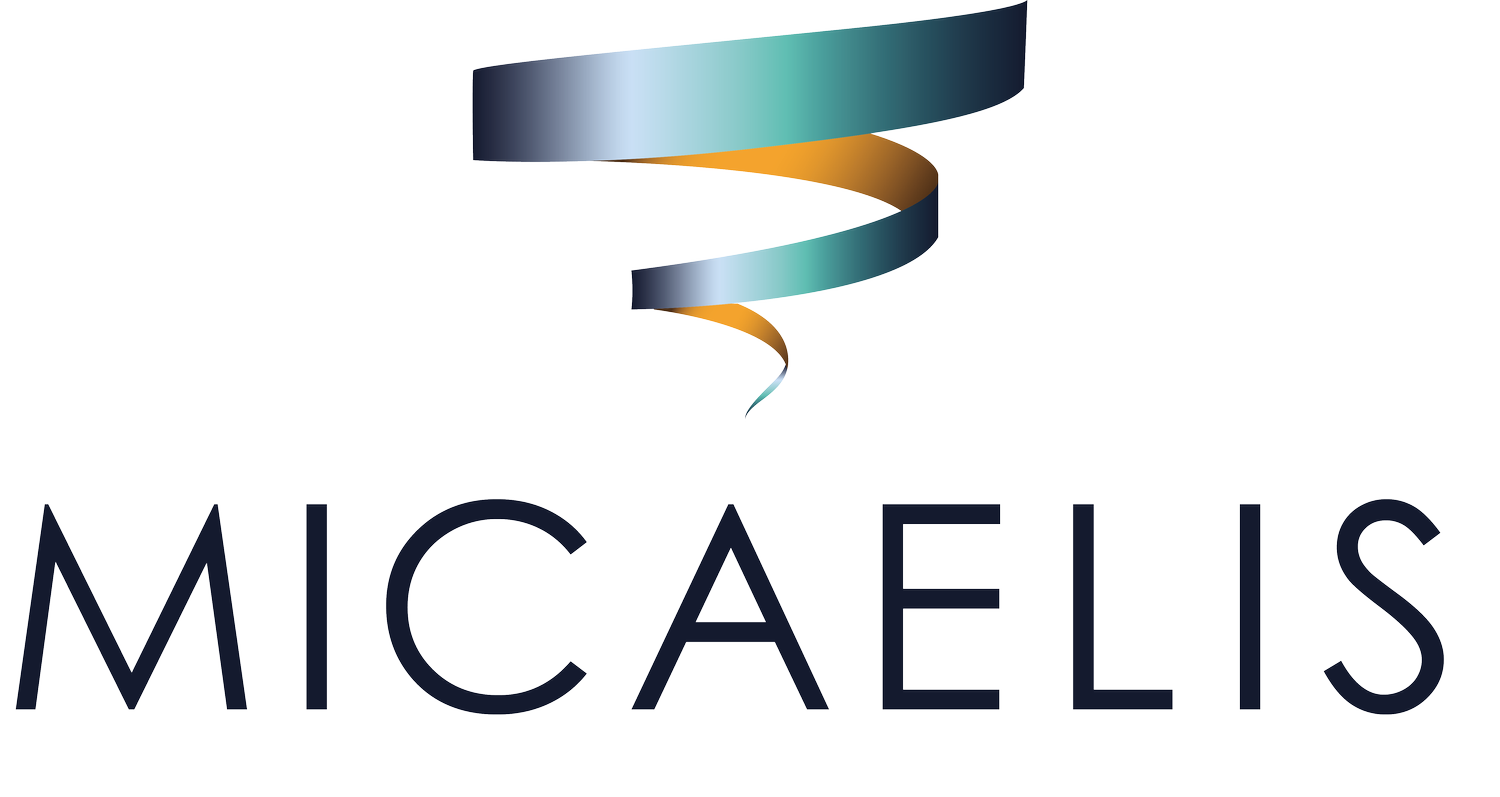Innovation in the Fields: The Rise of eVTOL Drones in Brazilian Agriculture
Although low-altitude agricultural planes from the last century are still very popular among farmers, some driven by innovation are now turning to drones for pesticide application, seed launching, and more. Why does this make such a difference? Aerial spraying is risky and suffers from a lack of pilots attracted by safer and better-paid operations of commercial airlines. Meanwhile, electric drones are cleaner and quieter than typical spraying airplanes or helicopters, which still mainly operate on leaded gasoline.
Emphasizing the news: MICAELIS, the Brazilian distributor of EHANG, a world leader in AAM that manufactures large autonomous eVTOLs (electric vertical takeoff and landing) for agricultural use, plans commercial operations in early 2024.
Details: These are not the backpack-sized drones you might have seen. They are the size of a small tractor, can carry up to 250 kg, and cover an area of up to 40 hectares per hour of flight. The EH216-L does not need to fly to and from a runway to load and refuel. An #eVTOL will not lose flight time outside the target field, gaining valuable time by using a location strategically close to the field, where the necessary chemicals or other cargo can be left next to the field so that the drone can fly back and forth to refuel as needed for a particular job.
Thanks to ANAC's resolution 710 of 2023, approval for commercial drones and eVTOL services in Brazil is opening up a broad market for the first global agriculture. The #sustainable sector of agricultural aviation is, therefore, about to receive an additional boost and enter a new phase of sustainability.
Many companies and operators already use drones in commercial operations, including photography, mapping, and infrastructure inspections. The difference, highlights @MICAELIS, is a matter of size and vehicle design. Focusing on agricultural operations, MICAELIS will achieve ANAC approval to start commercial service much earlier than other eVTOL sectors, such as cargo and passengers. Even though #AAM's long-term ambitions are to transport people, the Brazilian agricultural sector should be the starting point for eVTOL.
Nevertheless, the agricultural sector has a long history of being a wonderful place to develop and mature technology. To sum up, our mission is to support the Brazilian farmer. MICAELIS believes that eVTOL can increase Brazilian food safety, contribute to optimizing productivity with cost reduction, sustain the growing needs of exports, and reduce CO2 emissions.
#eVTOLTechnology #SustainableFarming #AgriTech #evtol #innovation
